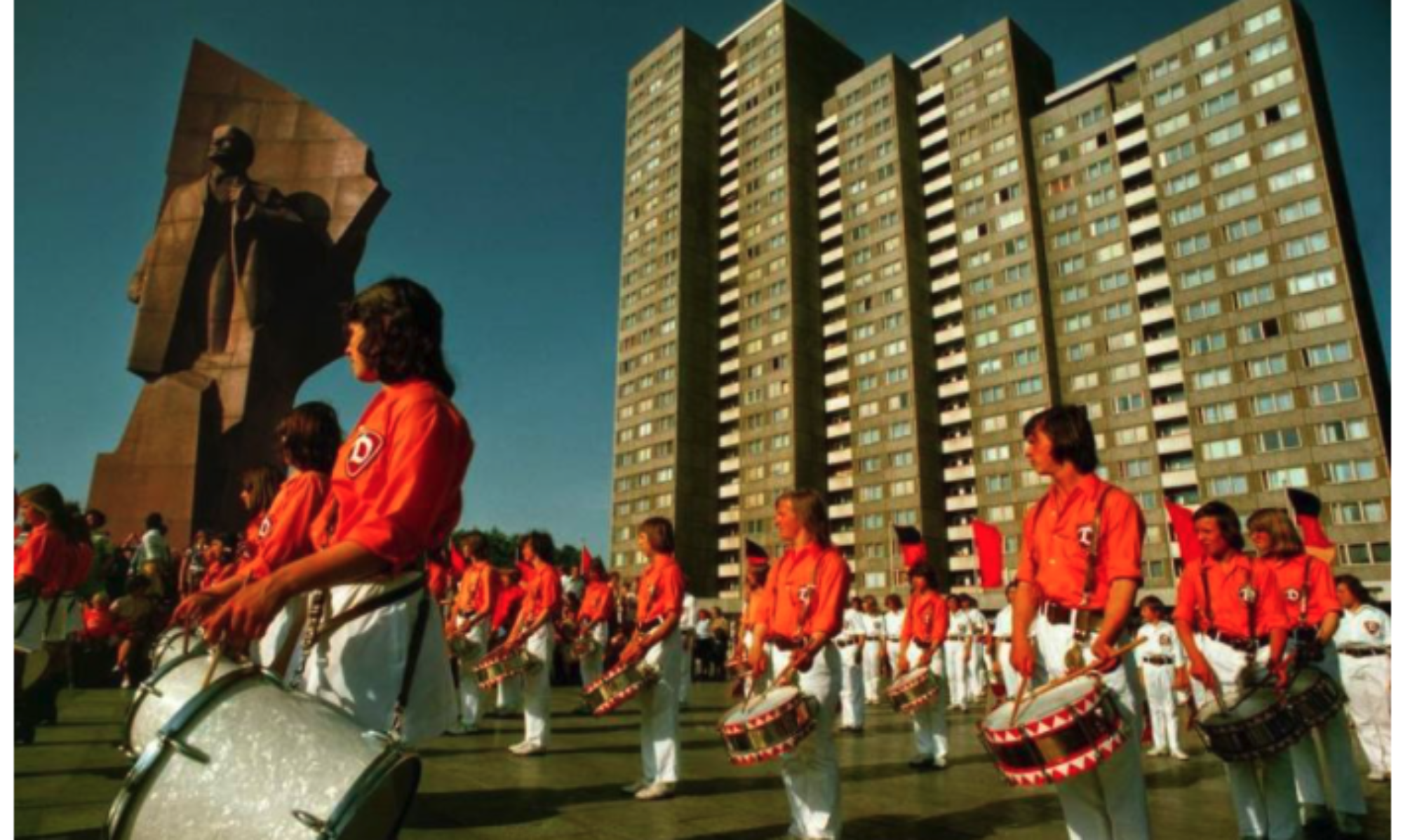Within the readings, the arguments surrounding human rights within the Soviet Union and, more specifically, the GDR, showed that the issues did not inherently lie with the system of socialism, but rather the ways in which the government handled such issues and its leadership. While the later periods of the Soviet Union were typically described as ones with citizens unhappy with socialism as a whole, these articles seem to prove otherwise to some extent. In the GDR, the ways that individuals used the arguments of human rights showed that they still wished to operate under the same system, but with reforms that furthered the image of the government as a whole. However, the fact that many individuals that did question or petition the government faced retribution demonstrated the fact that citizens had to operate very carefully within their countries in order to be left alone, as seen in Vaclav Havel’s narration about the grocer. Even in the advent of discussions on human rights, the people living under the Soviet Union still did not have access to basic tenets of what socialism proclaimed to guarantee them.
Havel’s account of the grocer and the propaganda sign also speaks to the fact that many people lived without thinking about the ways in which their government seeped into every element of life. Even if the grocer and customers did not pay attention to the sign, its very presence served as a reminder to behave and avoid trouble. This narrative speaks to the experience of those who were not happy, but felt that they did not have the ability to speak out, unless they should face major consequences that permeated throughout their families, businesses, and friends. The human rights movements finally gave those who did not feel that they had a voice one to advocate for them, sparking the movements that eventually led to the fall of the Berlin Wall, and major reforms within the Soviet Union.
After reading, I wonder about the true intentions of everyone involved – the government, the advocacy groups, and individuals living in the Soviet Union. Did the government truly believe that by trying to eliminate dissenters and human rights groups, the issue would be minimized or eliminated? Did the human rights groups know that their actions would heavily influence the advent of the fall of the Berlin Wall or other major events in the Soviet government? Did various individuals who petitioned to emigrate, wrote letters, and other things believe in what they wrote – that they truly enjoyed the government and its style, and their petitions were only meant to benefit the government’s efficiency?
